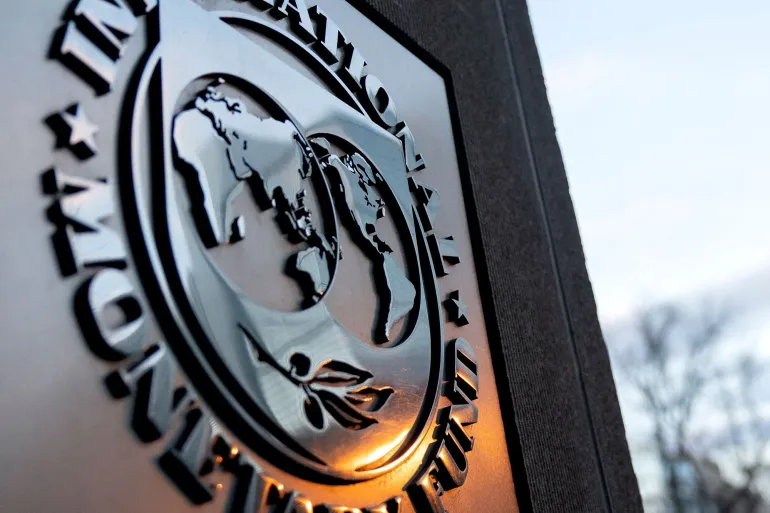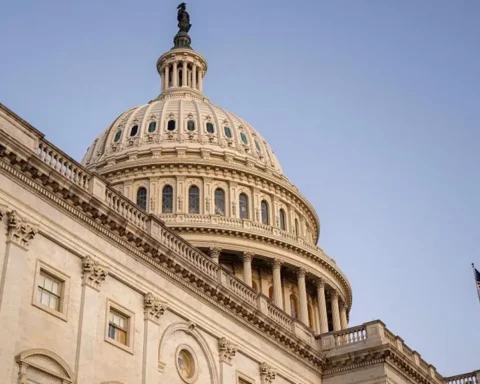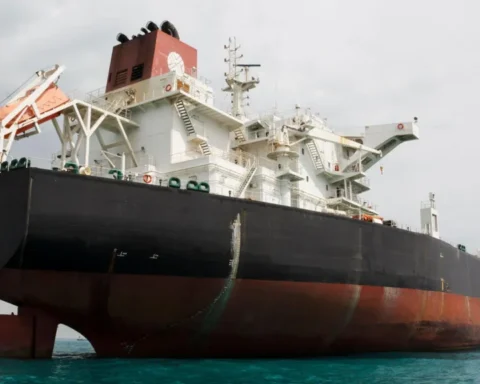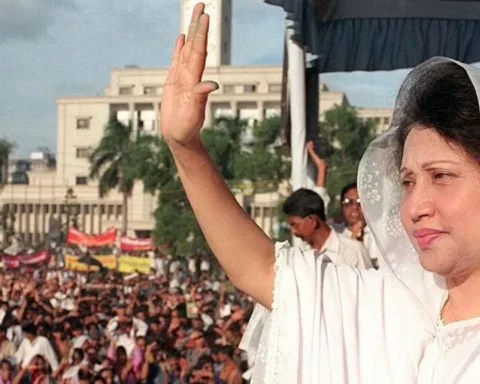IMF funds will help avert a potential default and pave the way for more aid from other institutions, friendly nations.
Pakistan has reached a staff-level agreement with the International Monetary Fund, a milestone that would pave the way for the release of an additional $1.2 billion in loans and unlock more funding.
The IMF will also consider an extension of the facility to end-June 2023, it said in a statement. The accord will make additional funds available once the board approves, taking the extended loan facility with Pakistan to about $7 billion, it said.
Funds from the IMF will help avert a potential default, and pave the way for more aid from other multilateral institutions and friendly nations. Pakistan needs at least $41 billion in the next 12 months to repay debt and fund imports as foreign-exchange reserves shrink to a level that could only cover less than two months of imports.
Pakistan’s rupee, dollar bonds and stocks rose as investors cheered the prospect of a bailout. The country requires at least $41 billion through June next year to keep the foreign-exchange stock at a “respectable” level and repay debts, the finance minister has said.
The nation’s dollar bonds due in December was indicated 2.2 cents higher at 90.04 per dollar, while debt due in April 2031 was quoted 0.2 cents higher. Pakistan’s rupee strengthened as much as 1% to 208.2 a dollar, while the benchmark KSE-100 Index of stocks gained 0.9%.
Nomura is overweight Pakistan’s 2022 Islamic bond, which has a high likelihood of being redeemed at par in December, according to the note.
August Disbursement
To win IMF’s accord, Pakistan has raised electricity tariffs and almost doubled diesel pump prices over the past two months even as inflation has accelerated to a 13-year-high.
The $1.2 billion disbursement is expected in August after the IMF’s management gives final approval, according to a government official familiar with the matter.
Among the policy priorities for the IMF are:
- Enabling a proactive monetary policy to slow inflation to 5%-7% over the medium term and greater exchange rate flexibility to rebuild reserves
- Targeting an underlying primary surplus of 0.4% of gross domestic product by restraining spending and boosting revenue
- Resuming reforms including timely adjustment of power tariffReducing poverty levels, strengthening governance and social safety






